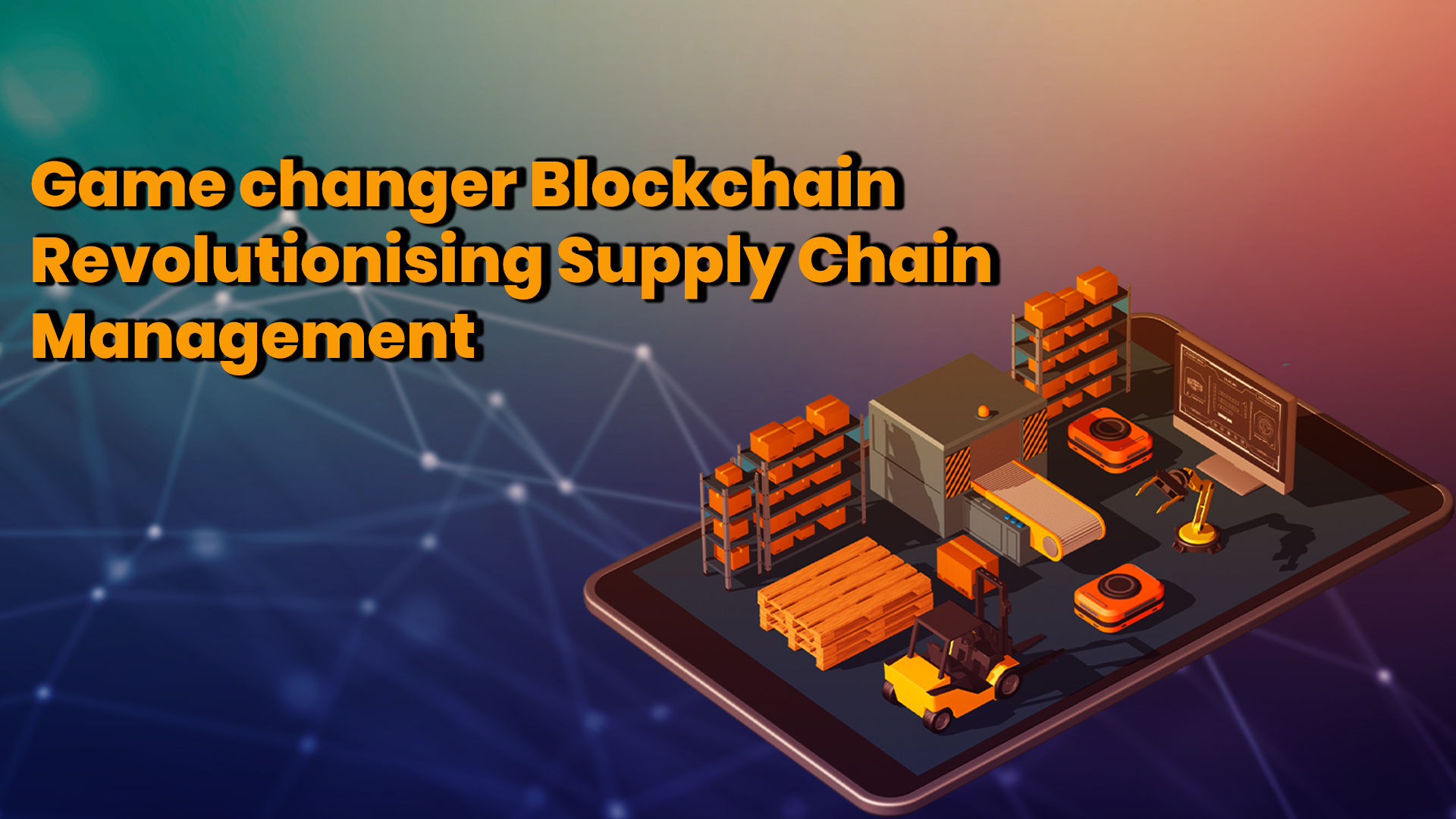- Traditional delivery chains catch up with problems of blur and inefficiency.
- Blockchain technology emerges as a game-changer in supply chain control.
- Transparency, traceability, and trust are the driving forces behind blockchain’s effect.
Traditional delivery chain control involves a complicated net of manufacturers, providers, dealers, and stores. Information flows through diverse intermediaries, frequently leading to delays, errors, and problems. This lack of transparency can have extreme consequences, from false stocks working the market to delays in figuring out the source of infection in the case of food recalls.
Blockchain: The Game-Changer
The blockchain era offers a decentralized and fixed record, which means information is saved throughout a network of computers, and as soon as recorded, it can not be changed. This essential characteristic brings three key advantages to delivery chain management:
- Transparency
Blockchain provides a single source of fact for all stakeholders involved in the supply chain. Each participant can view and maintain transactions in real-time. This transparency complements acceptance as true and decreases the chance of problems.
- Traceability
With blockchain, every product within the delivery chain may be assigned a unique identifier, often in the form of a QR code or RFID tag. This enables end-to-end traceability, permitting clients to hint at the experience of a product from its starting place to their fingers. In the event of a do not forget, figuring out affected stocks turns into a matter of seconds rather than days or weeks.
- Trust
Trust is the lifeblood of supply chain relationships. Blockchain’s fixed record and cryptographic security functions construct beliefs amongst individuals. Smart contracts and self-executing agreements with pre-planned rules similarly beautify beliefs with the aid of automatic processes like bills and pleasant manipulation.
Real-World Applications
Huge industries are already automatically using blockchain’s electricity in supply chain control.
- Food Safety
Foodborne ailments and illnesses are a good-sized difficulty. Blockchain allows for quick identification of infected products, stopping huge outbreaks.
- Pharmaceutical Industry
Fake capsules pose a grave danger to public health. Blockchain verifies the authenticity of medicines by tracking them from the producer to the client.
- Luxury Goods
High-stop manufacturers fight fake by using blockchain to certify the authenticity of luxury objects like watches and handbags.
- Automotive Industry
Blockchain guarantees transparency in the sourcing of uncooked materials and enables monitoring of the preservation records of vehicles.
- Design
Brands like H&M and Everlane use blockchain to give clients nitty-gritty data about the creation cycle and materials utilized in their apparel.
Challenges And Considerations
While blockchain holds mighty promise, it is not without challenges.
- Integration
Integrating blockchain into present delivery chain structures may be complicated and costly.
- Scalability
As the quantity of transactions in a blockchain community increases, scalability becomes an issue. Solutions like sharding and layer 2 scaling are being explored.
- Standards
Establishing industry-wide standards for blockchain implementation is essential for perfect adoption.
- Data Privacy
Balancing transparency with data privacy may be difficult. Blockchain networks have to adhere to privacy regulations like GDPR.
Conclusion
Blockchain’s impact on supply chain control is simple and could continue to evolve. Emerging technologies, like the Internet of Things (IoT) and synthetic intelligence (AI), are being integrated with blockchain to create more cultured and automated supply chain structures.
As companies capture the transformative ability of blockchain to ensure integrity, transparency, and efficiency in their supply chains, we can expect to see wider adoption and further innovations in the years ahead. Blockchain is not always only a technological advancement; it is an essential shift in how we consider belief and collaboration in the international delivery chain.
